
Uterine cancer is one of the major concerns for women worldwide. It refers to malignant tumors that grow in the layers of the uterus, a significant female reproductive organ. This article aims to provide a comprehensive and easy-to-understand guide about uterine cancer – its causes, symptoms, preventive measures, treatment options, and more. Thus, this piece of information could be a vital resource for any woman, her loved ones, or anyone else interested in understanding this topic.
Understanding Uterine Cancer: The Basic Definition
Explaining the Science: What Happens in Uterine Cancer
Uterine cancer begins when the healthy cells in the uterus develop alterations (mutations) in their DNA. These mutations cause cells to grow and divide at a rapid rate and continue living when they would normally die. The accumulating abnormal cells form a mass (tumor).
Differentiating Uterine Cancer from Other Types of Cancer
Uterine cancer specifically refers to the abnormal growth of cells in the structure of the uterus, whereas other forms of cancers are named after the organ or cell type where they originate.
Overview of Endometrial Cancer: The Most Common Uterine Cancer
Endometrial cancer, the most prevalent form of uterine cancer, originates in the inner lining of the uterus, referred to as the endometrium. Most incidences of uterine cancers are this subtype.
The Causes and Risk Factors of Uterine Cancer
Understanding the Primary Causes
The precise cause of uterine cancer is unclear. However, it is believed to occur due to mutations in the DNA of the cells, causing overgrowth and resulting in a tumor.
Identifying Key Risk Factors
Factors like age, obesity, nulliparity, and a family history of uterine cancer are considered substantial risk elements.
Connection Between Hormonal Imbalance and Uterine Cancer
A hormonal imbalance, particularly an excess of estrogen compared to progesterone, can stimulate the endometrium, leading to endometrial cancer.
Common Symptoms and Signs of Uterine Cancer
Early Detection: Recognizing the Initial Symptoms
Early signs of uterine cancer may include unusual vaginal bleeding, pain during intercourse, or pelvic pain.
Alarming Symptoms: When to Seek Immediate Medical Attention
Excessive vaginal bleeding, persistent pain, unexplained weight loss, and fatigue warrant an immediate consultation with a healthcare provider.
Diagnostic Processes for Uterine Cancer
Usual Medical History Check and Physical Examinations
A medical history and physical check-up provide insight into the patient’s health. They are the first steps in assessing the possibility of uterine cancer.
Laboratory and Imaging Tests
Investigations like blood tests, ultrasonography, CT scans, or MRI can help identify any abnormalities.
Biopsy: A Definitive Test for Uterine Cancer
A biopsy is the most reliable technique for diagnosing uterine cancer, where a small sample of uterine tissue is examined microscopically.
Get to know us better
If you are reading this, you are in the right place – we do not care who you are and what you do, press the button and follow discussions live

Treatment Options for Uterine Cancer
Surgical Interventions: Hysterectomy and Beyond
Surgical removal of the uterus (hysterectomy) is usually the first-line treatment for uterine cancer. Lymph nodes may also be removed during the procedure to check for spread.
Radiation Therapy: When it is the Best Option
When surgery is not possible, radiation therapy is generally used. It utilizes high-energy rays to kill cancer cells.
Chemotherapy and Hormonal Therapies: How They Work
Chemotherapy uses drugs to destroy cancer cells, and hormonal therapy aims to block hormones that fuel cancer cells.
Living with Uterine Cancer
The Emotional Toll: Dealing With the Diagnosis
Receiving a cancer diagnosis is emotionally challenging. Psychological counseling could provide a much-needed support system to the patients.
Finding Support: Navigating the Journey with Uterine Cancer
Various support groups, both online and offline, can help patients cope. Peer support can be incredibly helpful in light of such life-altering news.
Prevention and Early Detection
Lifestyle Modifications to Decrease Uterine Cancer Risk
Healthy lifestyle changes like maintaining a healthy weight, regular exercise, limiting alcohol, and a balanced diet may help reduce the risk.
Regular Check-ups and Screening for Uterine Cancer
Regular screenings and pelvic exams can catch abnormalities early that might indicate the onset of uterine cancer.
Conclusion
Recap of Uterine Cancer and its Impacts
Uterine cancer, especially endometrial, is a significant health concern for women. Awareness, early detection, and immediate medical attention are critical in combating this disease.
Encourage Readers to Seek Medical Help if Required
If you experience any symptoms or if uterine cancer runs in your family, it is crucial to seek appropriate medical attention promptly.
FAQs:
1. What is the main cause of uterine cancer?
The primary cause of uterine cancer is not exactly known. However, it is often attributed to mutations in the DNA of uterine cells.
2. Who is most at risk for uterine cancer?
Older women, particularly post-menopausal women, and those with a family history of uterine cancer are more at risk. Obesity, hormonal imbalances, and nulliparity can also increase the risk.
3. Is uterine cancer 100% curable and what are the survival rates?
The cure rate and survival depend on the stage of the cancer when detected. Early-stage uterine cancer has a high five-year survival rate.
4. What are the potential long-term effects of uterine cancer treatments?
Potential long-term effects could include fertility issues, premature menopause, sexual side effects, lymphedema, and psychological effects.
5. If I have been diagnosed with uterine cancer, are there support groups that I can join?
Yes, numerous support groups exist both online and offline. Talking with fellow survivors and patients can help women navigate this challenging journey.








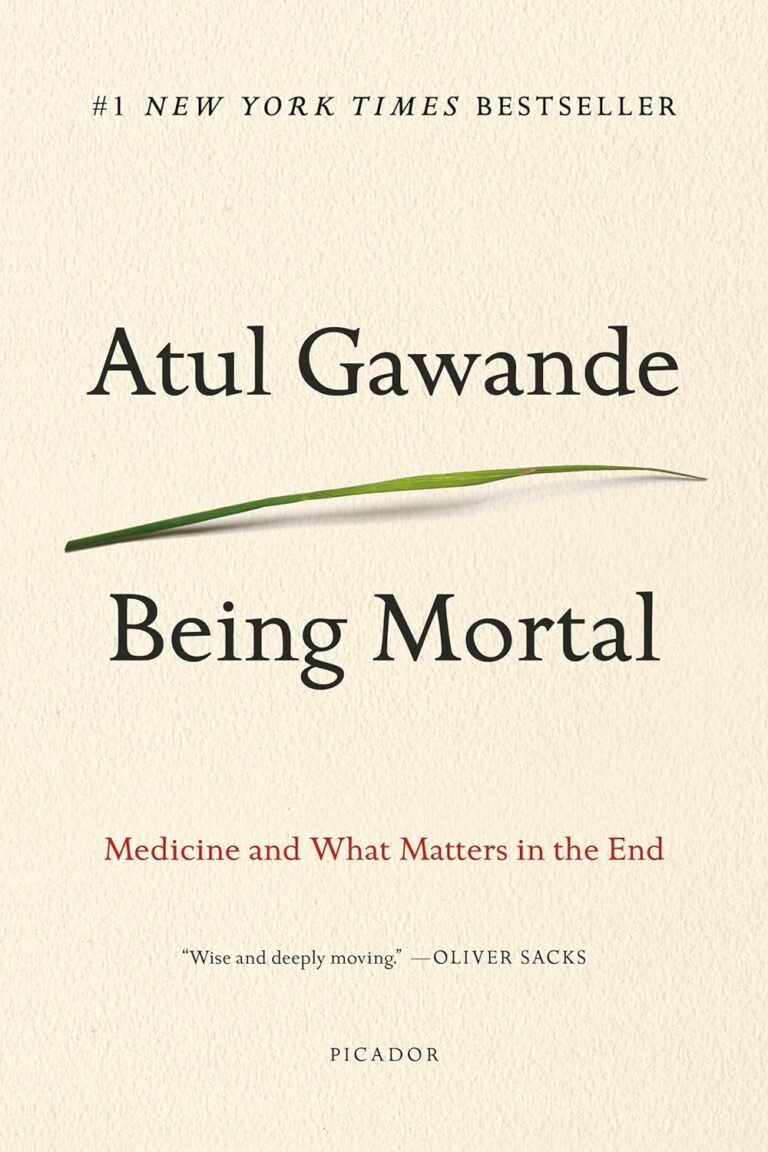
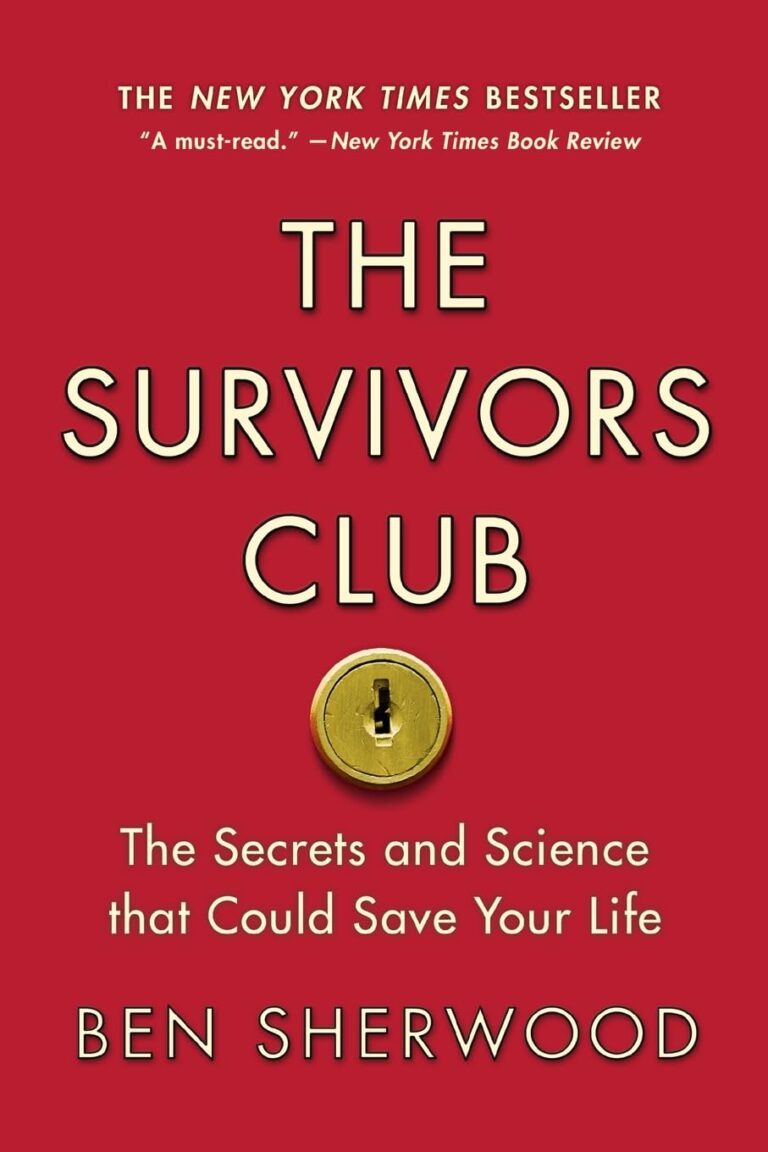


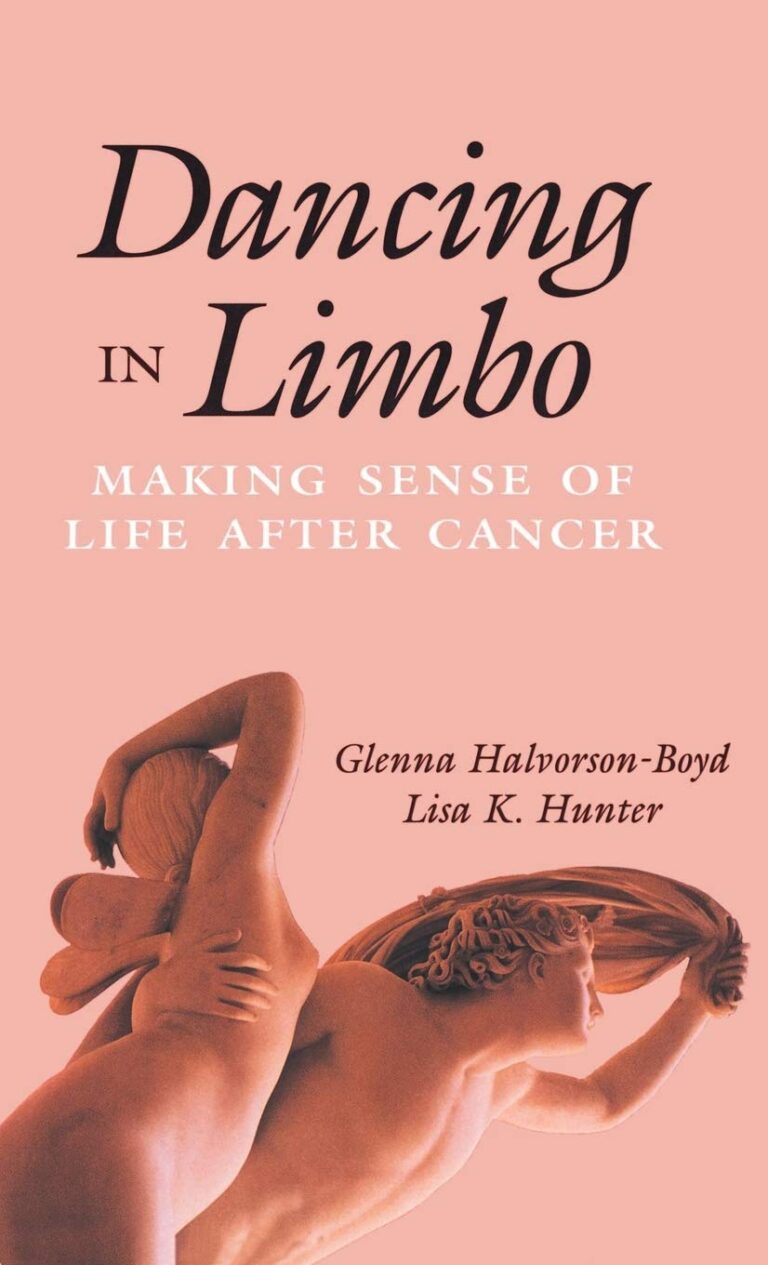
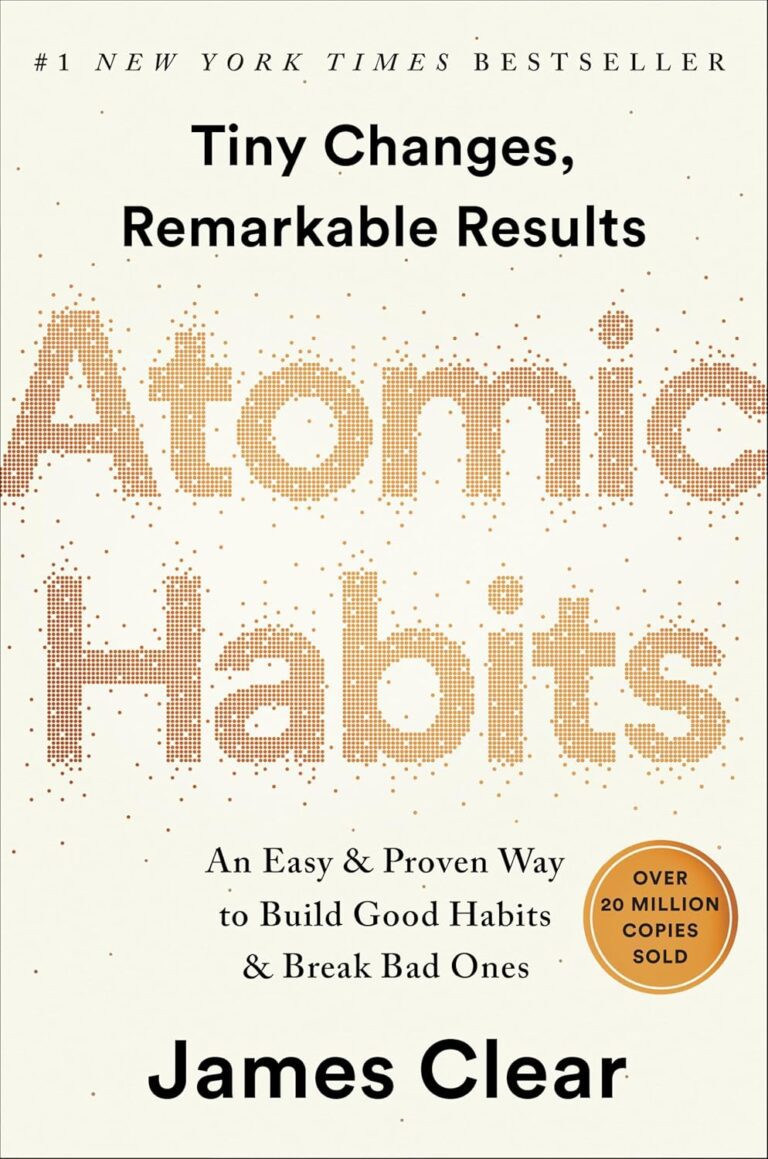

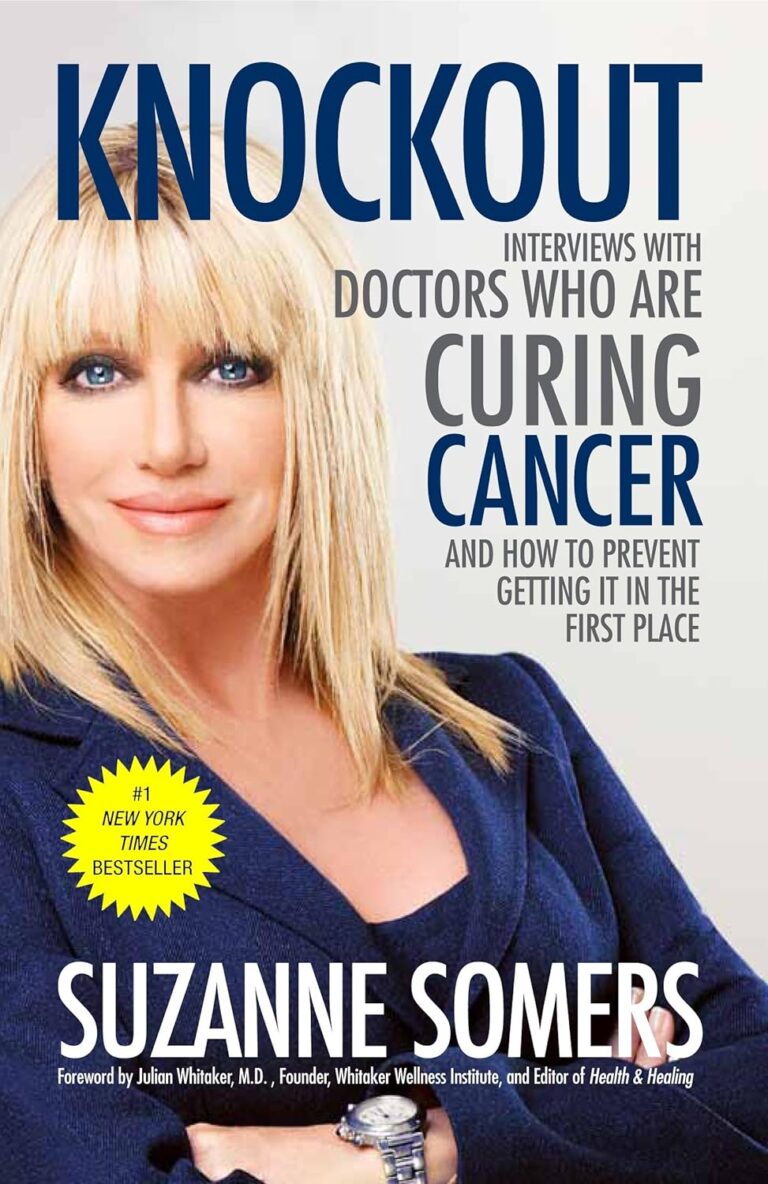

Comments
Thank you. Comment sent for approval.
Something is wrong, try again later